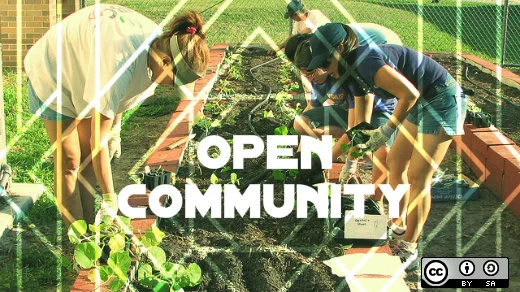A few days ago, Guido van Rossum, creator of the Python programming language and Benevolent Dictator For Life (BDFL) of the project, announced his intention to step away.
Below is a portion of his message, although the entire email is not terribly long and worth taking the time to read if you’re interested in the circumstances leading to van Rossum’s departure.
I would like to remove myself entirely from the decision process. I'll still be there for a while as an ordinary core dev, and I'll still be available to mentor people -- possibly more available. But I'm basically giving myself a permanent vacation from being BDFL, and you all will be on your own.
After all that's eventually going to happen regardless -- there's still that bus lurking around the corner, and I'm not getting younger... (I'll spare you the list of medical issues.)
I am not going to appoint a successor.
So what are you all going to do? Create a democracy? Anarchy? A dictatorship? A federation?
It’s worth zooming out for a moment to consider the issue at a larger scale. How an open source project is governed can have very real consequences on the long-term sustainability of its user and developer communities alike.
BDFLs tend to emerge from passion projects, where a single individual takes on a project before growing a community around it. Projects emerging from companies or other large organization often lack this role, as the distribution of authority is more formalized, or at least more dispersed, from the start. Even then, it’s not uncommon to need to figure out how to transition from one form of project governance to another as the community grows and expands.
But regardless of how an open source project is structured, ultimately, there needs to be some mechanism for deciding how to make technical decisions. Someone, or some group, has to decide which commits to accept, which to reject, and more broadly what direction the project is going to take from a technical perspective.
Surely the Python project will be okay without van Rossum. The Python Software Foundation has plenty of formalized structure in place bringing in broad representation from across the community. There’s even been a humorous April Fools Python Enhancement Proposal (PEP) addressing the BDFL’s retirement in the past.
That said, it's interesting that van Rossum did not heed the fifth lesson of Eric S. Raymond from his essay, The Mail Must Get Through (part of The Cathedral & the Bazaar), which stipulates: "When you lose interest in a program, your last duty to it is to hand it off to a competent successor." One could certainly argue that letting the community pick its own leadership, though, is an equally-valid choice.
What do you think? Are projects better or worse for being run by a BDFL? What can we expect when a BDFL moves on? And can someone truly step away from their passion project after decades of leading it? Will we still turn to them for the hard decisions, or can a community smoothly transition to new leadership without the pitfalls of forks or lost participants?
Can you truly stop being a BDFL? Or is it a title you'll hold, at least informally, until your death?







2 Comments